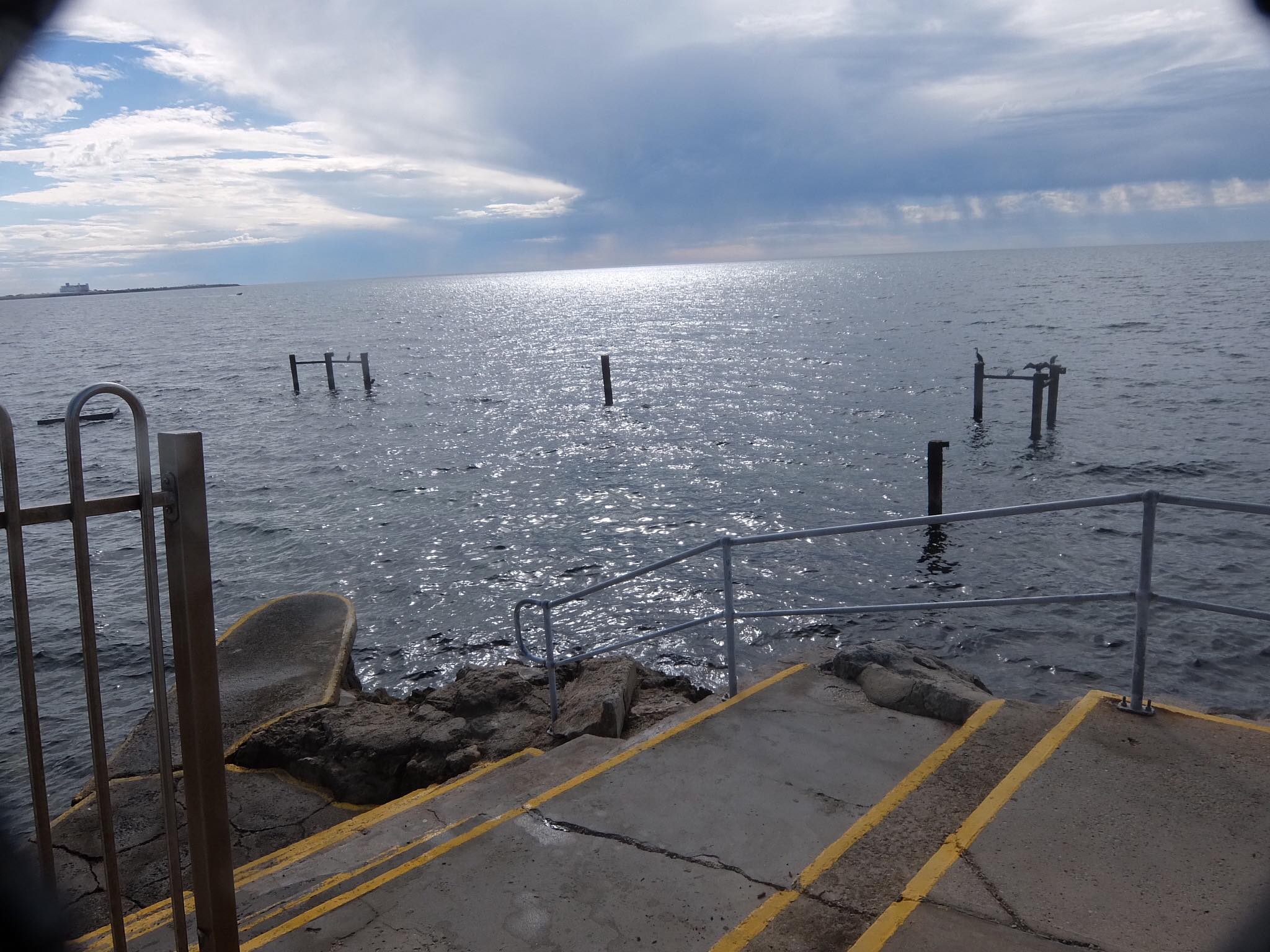UN REPORT WARNS ABOUT THE THREAT OF INCREASED MARINE HEATWAVES
by Steve Reynolds
The December issue of the SDFSA’s newsletter reported that scientists were warning that marine heatwaves were threatening the oyster industry and affecting the Great Barrier Reef (Marine Heatwaves Threatening Oyster Industry and Affecting Great Barrier Reef, Scientists Warn). It stated that “Scientists warn that climate change is creating an increase in the frequency, duration and severity of marine heatwaves (MHWs) which are having a severe impact on oysters”. They say that “waters off parts of Australia are warming at some of the most rapid rates in the world, threatening the future of some of the country’s most important marine industries”. The report said that, “According to new research, the warming is being driven by climate change and is creating an increase in the frequency, duration and severity of what are known as marine heatwaves (MHWs). …….. An MHW is defined as a period of warm water that lasts five days or longer, where temperatures are in the top 10 per cent of events typically experienced in that region. They are graded in severity — similar to how cyclones are — with category five being the most intense.”
The key points in the report were:
- Marine heatwaves are becoming more common, threatening environments and marine industries
- They are affecting the oyster industry and impacting the Great Barrier Reef
- Australian scientists are leading research to try to combat their impact”
According to The Verge, a major United Nations report called the “Special Report on the Ocean and Cryosphere in a Changing Climate” shows how oceans are feeling the burn from climate change – Oceans are increasingly taking the heat from climate change, according to a major new report released (25/9/19) by the United Nations Intergovernmental Panel on Climate Change (IPCC). The report is arguably one of the most comprehensive assessments to date on the effects of climate change on the Earth’s oceans and frozen water. And it points to a problem that scientists are growing more concerned about: marine heat waves. There’s plenty of robust scientific evidence that shows that extreme heat events on land are getting worse as climate change accelerates. ……. A growing body of research is examining similar events underwater, when the seas experience periods of unusually warm temperatures.”
In a press briefing on marine heat waves, Ko Barrett, vice chair of the IPCC said, “This is a phenomena (sic) that we should be placing higher attention on, are an “emerging issue” and this is the first time that the United Nations body has dedicated so much study to it”.
“Special Report on the Ocean and Cryosphere in a Changing Climate” was unveiled during a meeting of the intergovernmental panel in Monaco. It was done just one day after the United Nations held a special summit in New York where Secretary-General António Guterres called on countries to step up their plans to avert climate crisis. More than 100 scientists spanning over 30 countries contributed to the study. They suggest that the frequency of heat waves in oceans has very likely doubled since 1982.
They also suggest that the frequency of these extreme events could jump by 20 to 50 times by 2081, “depending on how successful the world is at cutting down on the greenhouse gas emissions heating our planet”. They suggest that those underwater extreme heat events could become ten times more intense in a scenario with continued high emissions.
In 2014 and 2015, a heat wave (called “the Blob”) appeared in the Pacific Ocean and wreaked havoc on marine ecosystems from Hawaii to Alaska. The IPCC report says that climate change is also contributing to oxygen loss and increased acidity in the ocean.


Peter Harman, who told us about marine heatwaves threatening the oyster industry and affecting the Great Barrier Reef (https://www.abc.net.au/news/2019-11-25/marine-heatwaves-threaten-oyster-industry-great-barrier-reef/11726630), now points out that extreme temperatures have caused the death of marine life in Western Australia – see https://www.abc.net.au/news/2019-12-18/marine-heatwave-kills-fish-as-australia-faces-record-temperature/11808268 . Recent ‘fish kills’ are being linked to a changing environment. “A combination of high temperatures and low tide is believed to have contributed to the deaths of tiny crabs in Karratha mudflats, wild oysters at the mouth of the Fortescue River on the Pilbara Coast and krill at Town Beach in Exmouth in the state’s north-west in recent weeks.”
[…] to previous articles about marine heatwaves, such as UN Report Warns About the Threat of Increased Marine Heatwaves and Surviving a Heat Wave: Your Safety & Strategy Guide, Jessica Benthuysen, “Physical […]